The Beginning of Generation Beta:
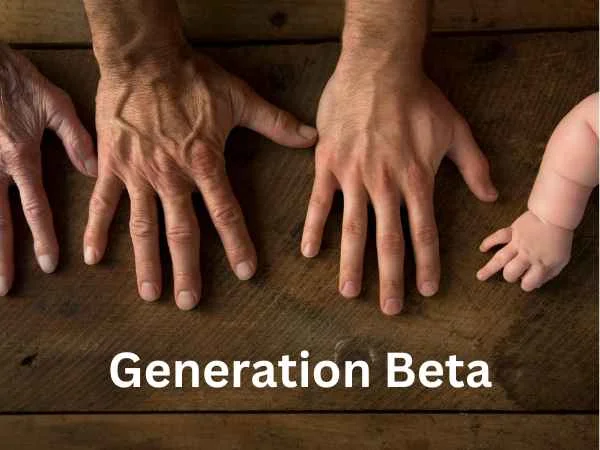
As we all celebrate the new year 2025 with new resolutions, we all have the arrival of Generation Beta. Now, what is this? Generation beta includes children born between 2025 and 2039. These are mainly the kids of millennials (born between 1981- 1996) and older members of Gen Z( born between 1997-2010). What is new in that? Well, it is believed that these children will grow up in an environment different from what their parents have experienced. This is because of the arrival of the advanced technology that has taken over us and is in every possible thing we do. This coming generation will grow up surrounded by technology like AI and Robotics. Different from the previous generation. They will experience technology as a regular part of their lives. Also, Smart devices, virtual reality, and automation will significantly influence their learning and connecting with people around them.
Generation Beta will be the first generation to grow wholly connected to a world where the Internet and AI will be a significant part of everyone’s life. It will be shaping people’s lives and the world. They will have an upbringing that involves adapting new technology and learning skills to the changing future. In summary, Generation Beta marks the start of a new era. They will live in a world where technology and daily life are more connected than ever. They will face new opportunities and challenges that previous generations have not encountered or have imagined.
A Tech-Driven World
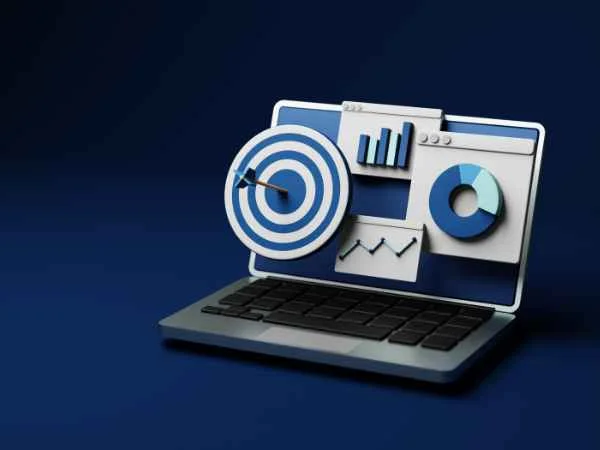
This tells us that Beta Generation people will live in an entirely new world with technology and artificial intelligence surrounding the environment, unlike the earlier generations, who were born and brought up in technological development. They will live in intelligent homes and customized learning environments, something the older generation would never dream about. All these would have the internet, in particular, smart homes; these homes would come with intelligence that communicates with each other and adapts to the needs of their residents. Things like smart kitchen gadgets, AI-adjusted room temperature, and reminders for medicine taken or scheduled doses all make one’s everyday comfortable life.
Learning along with AI will bring a whole new life into the lives of young minds with a different way of learning. It will teach them with individualized learning tools and virtual classrooms. It will again make it possible for a child to learn anytime and differently from how kids should learn. For them, the classroom will not be confined to four walls. Instead, their exciting experiences will include being taught with their personalized lessons by AI tutors. This is the new way of learning.
Generation Beta will keep coming in contact with such progressive forms of AI. Virtual assistants, chatbots, and perhaps humanoid robots – are just a few of these new-age devices that form the bulk of an average day experience for Gen Beta. New-age devices that play a significant role in accomplishing tasks and serve information and companionship to the individuals are there. As they become more advanced and robust, they will integrate more into how Gen Beta “speaks,” “learns,“ and “lives.”
AI is seeded to change the game in education for generation beta because AI usage in classrooms could result in more personalized and better learning than the old classroom-style teaching. Of course, it will help education, but not without challenges, transforming some parents and teachers into beacons of innovation and critical thinking.
AI’s Impact on Learning
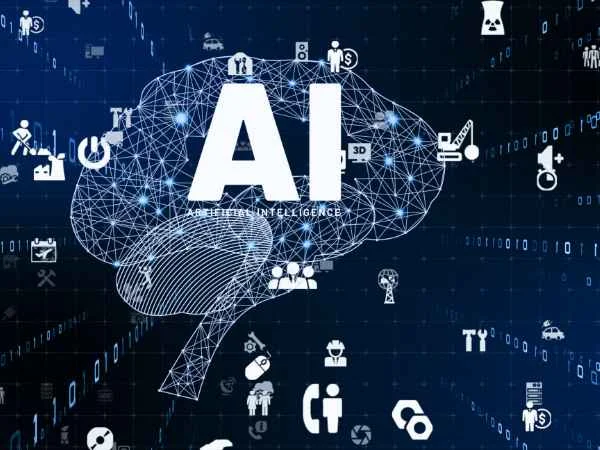
Super Personalized Learning: AI could provide individualized education opportunities for students. Even in traditional schools, all kids learn from the same material; they have different learning paces, and sometimes, some students are behind the rest of the class while others are starting to find it challenging to cope with peer pressure. AI, hence, opens a whole different route to personalized education. An AI can track a student’s performance and real-time style in an artificial intelligence classroom and represent his needs based on the class.
For example, an AI discovered that a student was not grasping math. Then, the lessons would change to add in some extra practice. If he is bright, it would give him advanced materials. This personalization allows students to learn at their speed with maximized potential.
Optimal Education: With AI, learning can be made brighter. For ages, teaching has been based on universal lessons and universal tests: one teaches that some “everybody“ and tests from there. Thus, a student either knows it or doesn’t. This is what AI offers as far as going beyond passive, traditional means of understanding whether or not a student comprehends the subject well enough to be allowed to provide quick feedback and demands filled during the real-time assessment. AI can automate tasks like grading and monitoring student engagement, freeing up teacher time for personal instruction and teacher-student interaction. Overall, such frameworks will most likely make a more effective learning environment for individual students.
Skill Development in the Age of Technology:
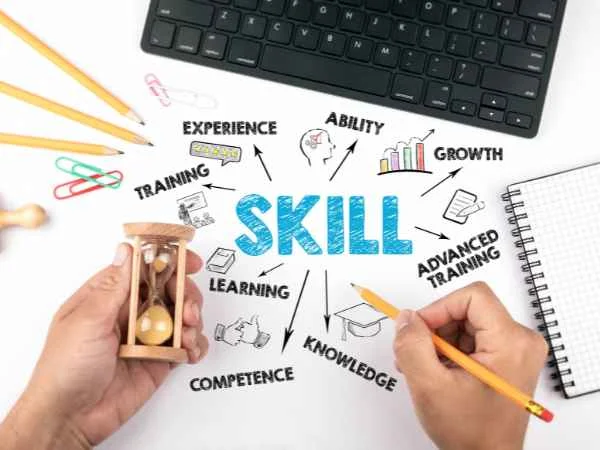
Generation Beta will have to become very technocentric. This generation has coding, robotics, and AI as the subjects most likely to be offered. Learning through technology will not only teach students how to interface with the technologies. But it will also teach them how to design and innovate through technology in preparation for a computer science and engineering career. However, there is a threat that increased capability will increase dependence on artificial intelligence. The shift of focus from creativity and critical thinking will pave the way for making students less oriented towards problem-solving or brainstorming by AI-based repetitive task handling. These are important in the innovation process and adapting to change.
If AI education platforms are leaning toward efficiency, they will one day really hinder students from having chances for exciting creative projects or interdisciplinary work. AI can indeed carry out much to enable learning in applied technical subjects. However, it must always be balanced against its companions: soft skills, like communication and teamwork, are required when dealing with real-world challenges.
Challenges: Creativity and Interpersonal Skills:

From birth, artificial intelligence and technological advances are here to stay for Generation Beta. This includes all the considerations and benefits, but it comes with very few challenges in terms of interpersonal communication skills, with the exception of creativity.
Creativity: It seems quite possible that the high-tech environments. Which most children grow up with and interferes with their mental creativity. Seeing most intelligent tools making their way into their lives, they tend to rely more on the systems than trying to bake their cakes by thinking out of the box. Take, for example, the part of learning unique solutions; a child uses AI before engaging in the work. This just might suppress much thinking or self-solving in challenges. With time, their imagination may become dull since the child will not be able to participate in thinking processes that stimulate creativity, such as trial and error, experimentation and abstract reasoning.
Interpersonal Skills: Another area in which technology stretches much towards relationship skills. Most things are online, like increasing screen time and remote learning. Therefore, children do not have much face-to-face interaction with other human beings. That would make it a little harder to develop interpersonal relationships most of the time. These are formed based on nonverbal cues. Body language, tone of voice, and facial expressions. Now that many social interactions happen through a screen, children might not understand the cues used during a face-to-face interaction. Making it more difficult for them in social situations.
Longevity of Generation Beta:
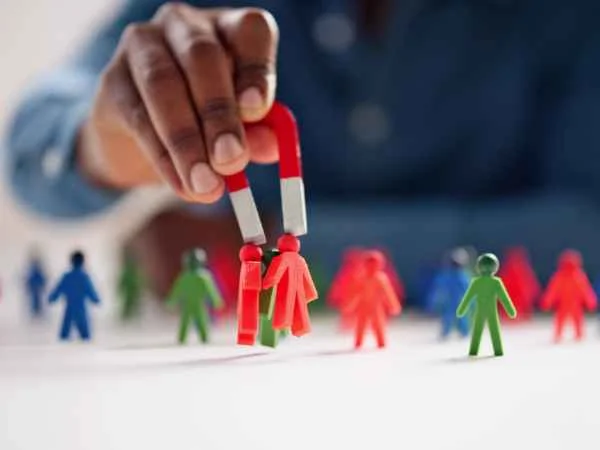
And this is the most interesting aspect of Generation Beta. Some will see the 22nd century. Thanks to health care and biotechnology advancements, enhanced life expectancy makes this possible. Imagine all the Firsts this generation will witness and accomplish in its lifetime. Healthcare also accounts for permanent lives these days. AI and genetic medicine have invented new methods of treating highly chronic illnesses, personalizing medical treatment to patients. Almost all discoveries in biotechnology, such as organ regeneration and more sophisticated surgeries, could quickly accommodate the quality of life.
The health aspects of Generation Beta will also be tracked daily because wearable health devices such as smartwatches exist today. These gadgets can monitor everything from body temperature, blood pressure, sleep patterns, and more. Consider a few challenges one would face in taking many more years into life. As more people live for long periods, the stress on resources like food, water, and health services would rise tremendously. Retirement might have a new meaning; people will spend decades in their “golden years.“ Emotional and psychological challenges- if such adaptations happen- accrue too, as it would be one very long life before anyone.
Why Gen Beta Matters?

Generation Beta has the most lead in shaping the future, being born between 2025 and 2039 and growing up with many challenges. Along with great tools and technologies to relieve those severe setbacks. They will grapple with the legacies of their forebearers, such as the problems regarding climate change—unequal access to resources among people and improper ethical use of technology. Any one of such significant problems incurs very creative answers. Generation Beta itself is a vital force driving those answers and applications.
This is where they will witness the fantastic advancements of technology. For instance, artificial intelligence manipulation of renewable energy sources and biotechnology within their contexts will lead them toward faster. And more efficient ways of generating ideas and solutions. They would use this technology to modify industries, probably even the global tax concerns of taxpayers. And build a better world for everyone. A Generation Beta will learn from thousands of things that previous generations have already learned. Correct every mistake they can find from the past, and make heydays with new benefits coming their way. It is all about making a world that is well-balanced and moving forward.
Summing up: Broader Implications
Will AI become a requisite stimulator for the imperative of creativity? Or will it only relieve us from thinking of ways to do so? The other side of the questions raised includes technology progress. Those critical factors like communication, understanding and emotional intelligence ensure they do not get lost. The younger generation comes with its worlds by the hand of technology. Just like this case with Generation Beta, it was born into a world powered by technology. The balance we need to strike is the one that uses technology as the best material instrument for bettering lives. But not at the expense of neglecting human qualities like the creative arts, problem-solving, and relationship-building.

